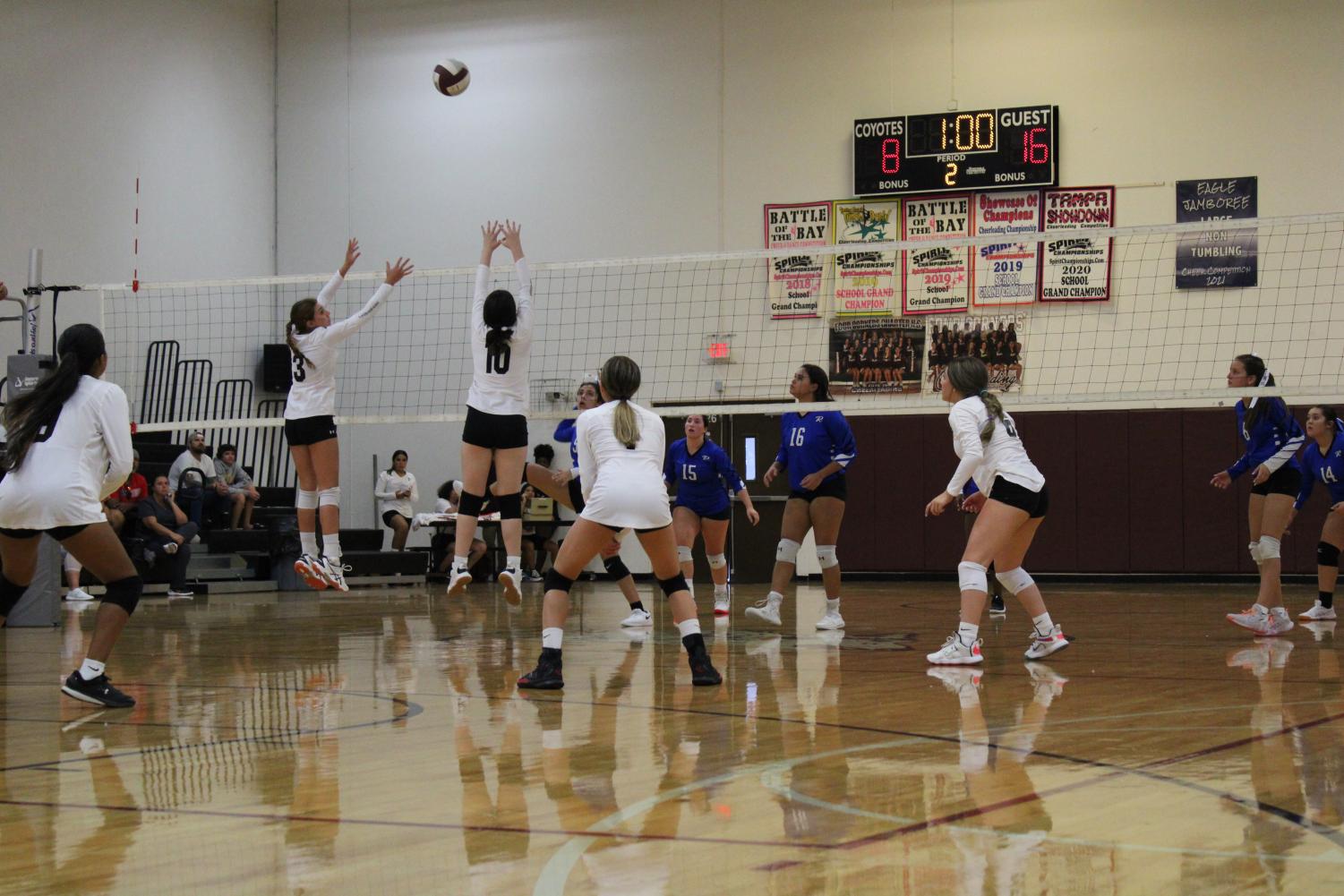Why are mental health cases on the rise among student-athletes?
Student-athletes often struggle more with mental health than non-student-athletes. Many athletes feel pressure whether that be from themselves or others, which causes them to be most likely to experience problems with mental health.
In an article made by USC Robin Scholefield, leader of a team of 10 sport psychologists and mental health said, “They faced packed schedules, academic pressure, high expectations, social challenges, performance anxiety and more.”
What caused these athletes to struggle with mental issues is not been able to handle all this pressure alone. Pressure to keep up with classwork and grades, and pressure to perform well in practice and games. Athletes have to separate sports from school.
“Whenever I go out to play soccer I love to focus on actual soccer, but if you have bad mental health there is always something injuring your performance. Like there is going to be something wrong, like you’re going to be focusing on something else, you’re never going to be able to actually play your best,” Varsity soccer player junior Carlos DeJesus said
DeJesus is one of the many student athletes that has to juggle between doing sports, school and having a social life. He thinks that having a strong mindset means a good performance.
“Asking yourself what do you need to do,” DeJesus said “What else are you focusing on, other than your actual sport that can make you play worse.”
Many student-athletes have to create and maintain a balance between school and sports. They must create a mechanism that works for them. Senior Captain for Varsity Volleyball Laysha Colon- Ramos have created a coping mechanism that works efficiently for her.
“It’s hard, but I guess I just take it one day at the time” Colon-Ramos said “And I just tried to arranged things and set up things and put time on when I have to do something, when I have to do this. It’s like a whole system.”
These types of systems created by student-athletes have helped them have that balance needed for this type of lifestyle.
“So, what I do is like instead of getting distracted in class, like I actually do all of my work. So, I won’t have to worry after school whenever I have practice or whenever I have a game,” DeJesus said.
There are many reasons why student-athletes struggle with mental health issues. For example: High expectations, anxiety to perform, keeping up with school, injuries, and mostly pressure.
“I think the pressure, were expecting more out of students. I think the level of academics and having to juggle everything can be a bit overwhelming,” LCSW and Mental health therapist Sarah Berger said
Things like injuries, emotional stress and pressure can trigger or expose serious mental health problems like depression, disordered eating, abuse, anxiety, substance use and suicidal thoughts
“Us athletes we are like really hard on ourselves and being student-athletes is even harder when you have to keep up with school and keep up with home. Like responsibility, work it’s definitely hard.” Colon said, “I don’t know what else student-athletes can do to try avoid that.”
Student-athletes are struggling more than ever with their mental health but there is always someone they can go to. For example, a coach, parent, or teacher.
“I think maybe we are feeling more comfortable talking about it. I think it can be a positive thing. We’re talking about so people know they are not alone. And other people have the same feeling,” Berger said “I think it’s a safer environment. I think 20 years ago, when I first started working with kids and mental health, more stuff wasn’t talked about. I think your generation is more accepting. You look at our school we have a lot of diversity and kids come to our school because of our diversity and knowing it’s a welcoming campus.”
Some of these athletes are stressed, which causes them to not look for help. Or just because they feel like they are being vulnerable, or do not feel comfortable talking about it or are feeling embarrassed about needing that type of help.
“They don’t like to talk, they are scared to talk to somebody, they don’t know how to, they think it’s normal.” Colon explains
However, sport can also have many good impacts on student-athletes’ mental health. It creates most athletes a safe space. It brings them good habits and skills. Like good sleeping patterns, good eating habits, and time management skills
“So, whenever I’m in school I don’t worry about soccer, but whenever I’m in soccer I don’t worry about school,” DeJesus shared “I feel like that’s an easy way to keep yourself in check so you’re always performing at your best.”
One way parents, teammates and coaches help is to be there for them. Taking a moment to ask them if they are feeling okay, to comfort each other, take the time to look for research, this has the potential to be very beneficial for students.
“Encouraging each other, like giving genuine compliments. Let them know they are resources.” Berger said “I think being a student-athlete can positively affect your mental health. I think it can build self-esteem, which intern can help how we feel about ourselves, how we view ourselves. Overall, it’s a really positive experience for kids.”

